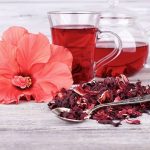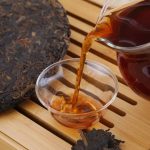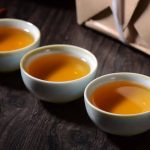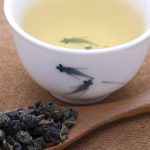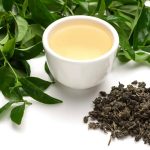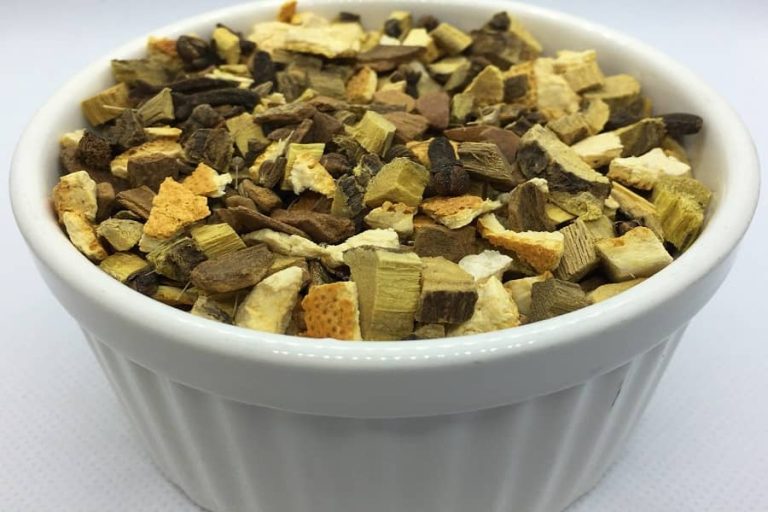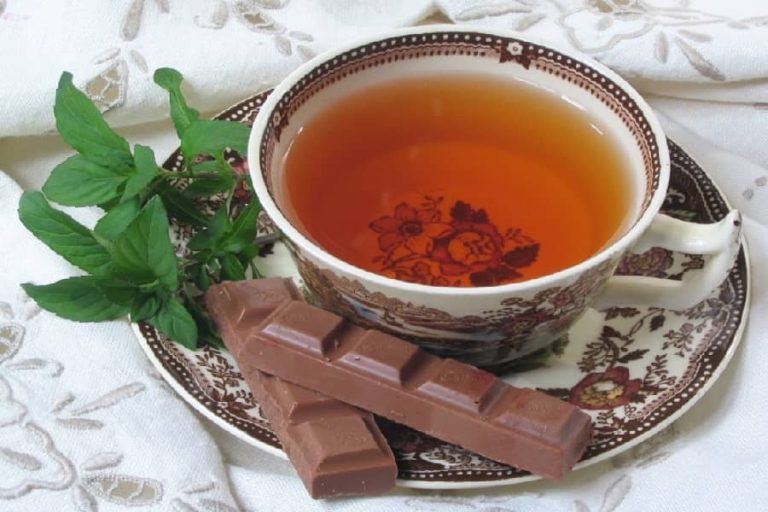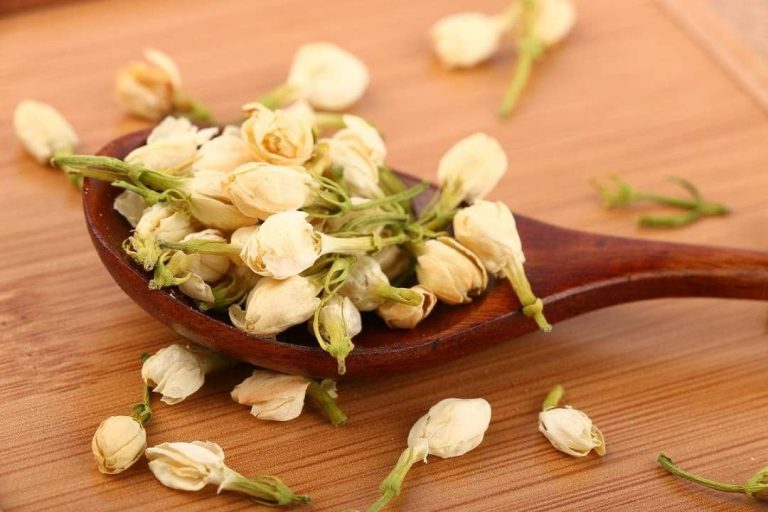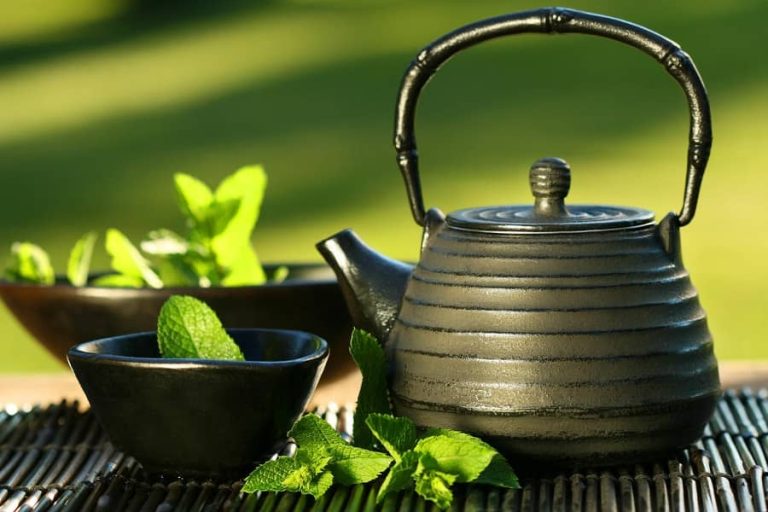Raspberry Leaf Tea: Exploring Its Origins, Health Benefits, and Brewing Techniques
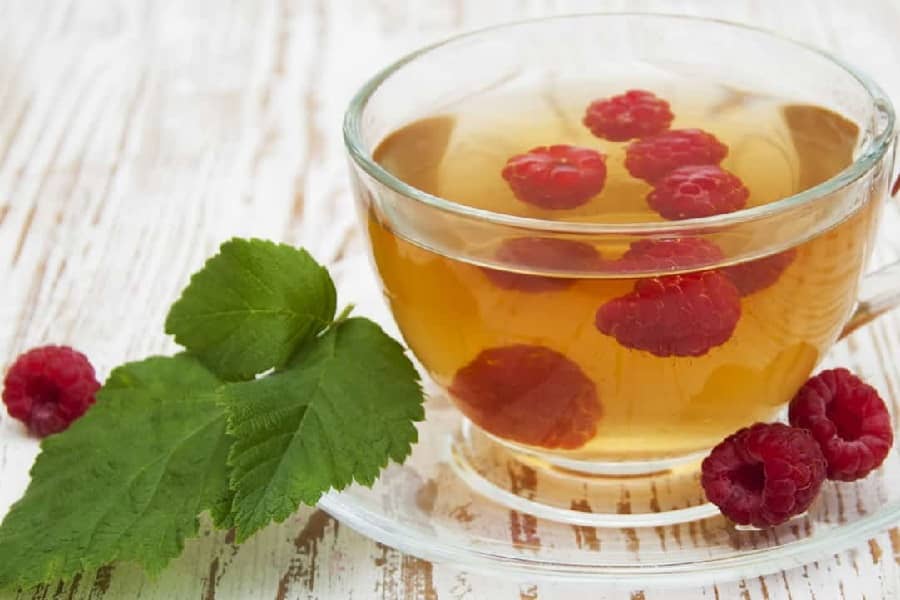
Raspberry leaf tea has gained popularity as a herbal infusion known for its unique flavor and potential health benefits. This article aims to delve into the origins, health benefits, and brewing techniques of raspberry leaf tea, shedding light on its traditional uses and modern-day significance.
Raspberry Leaf Tea: Origins and Characteristics
Raspberry leaf tea originates from the leaves of the raspberry plant, which are harvested and dried for use in tea blends. The cultivation of raspberry plants for tea production is a meticulous process that involves nurturing the plants to ensure the quality of the leaves. When prepared as a tea, raspberry leaves impart a delicate, slightly sweet flavor with subtle earthy undertones, making it a delightful and soothing beverage.
Health Benefits of Raspberry Leaf Tea
Raspberry leaf tea is renowned for its potential health benefits, particularly in women’s health and pregnancy. It is believed to support uterine health and is often consumed by pregnant women due to its purported ability to tone the uterus and ease labor pains. Additionally, raspberry leaf tea contains an array of vitamins, minerals, and antioxidants, offering potential benefits for overall well-being.
Brewing and Serving Raspberry Leaf Tea
To brew the perfect cup of raspberry leaf tea, it is recommended to steep the dried leaves in hot water for approximately 5-7 minutes to allow the flavors to fully develop. The tea can be enjoyed either hot or cold, and sweeteners or citrus infusions can be added to enhance the flavor profile. Iced raspberry leaf tea makes a refreshing summer beverage, while hot raspberry leaf tea provides a comforting warmth during colder months.
Raspberry Leaf Tea in Traditional and Modern Medicine
Raspberry leaf tea has been historically used in traditional medicine and folklore for a variety of ailments, including digestive issues and menstrual discomfort. In modern times, scientific research has shown promising results regarding its potential therapeutic properties, although further studies are needed to conclusively establish its efficacy for certain health conditions.
Conclusion
In conclusion, raspberry leaf tea offers a blend of cultural significance, nutritional value, and potential health-related benefits. Whether enjoyed for its delicate flavor or as a part of wellness practices, raspberry leaf tea continues to captivate enthusiasts seeking natural and holistic beverage options. As with any herbal infusion, it is advisable to consult a healthcare professional before using raspberry leaf tea for medicinal purposes, especially during pregnancy or if you have specific health concerns. Embracing the art of brewing and savoring raspberry leaf tea can be a delightful journey into the world of herbal teas, inviting individuals to experience its rich heritage and potential wellness benefits.

